On November 30, 2019, the Third Symposium on Income and Wealth Distribution of Chinese Residents and “Income Distribution and Public Financial System” was successfully held in Nanhu campus of Zhongnan University of Economics and Law (ZUEL). The symposium, jointly organized by Economic Research magazine, Economic Perspectives magazine, the School of Finance and Taxation of and the Institute of Income Distribution and Public Finance of ZUEL, attracted more than 40 experts and scholars, including attendees from the Chinese Academy of Social Sciences, the National University of Singapore, Peking University, Renmin University of China, Sun Yat-sen University, Xiamen University, Wuhan University, Huazhong University of Science and Technology, Shandong University, Sichuan University, Shanghai University of Finance and Economics, University of International Business and Economics, and Central University of Finance and Economics. President Zhang Kezhong ceremoniously introduced the scholars attending the symposium and expressed a warm welcome and thanks to them for their arrival.
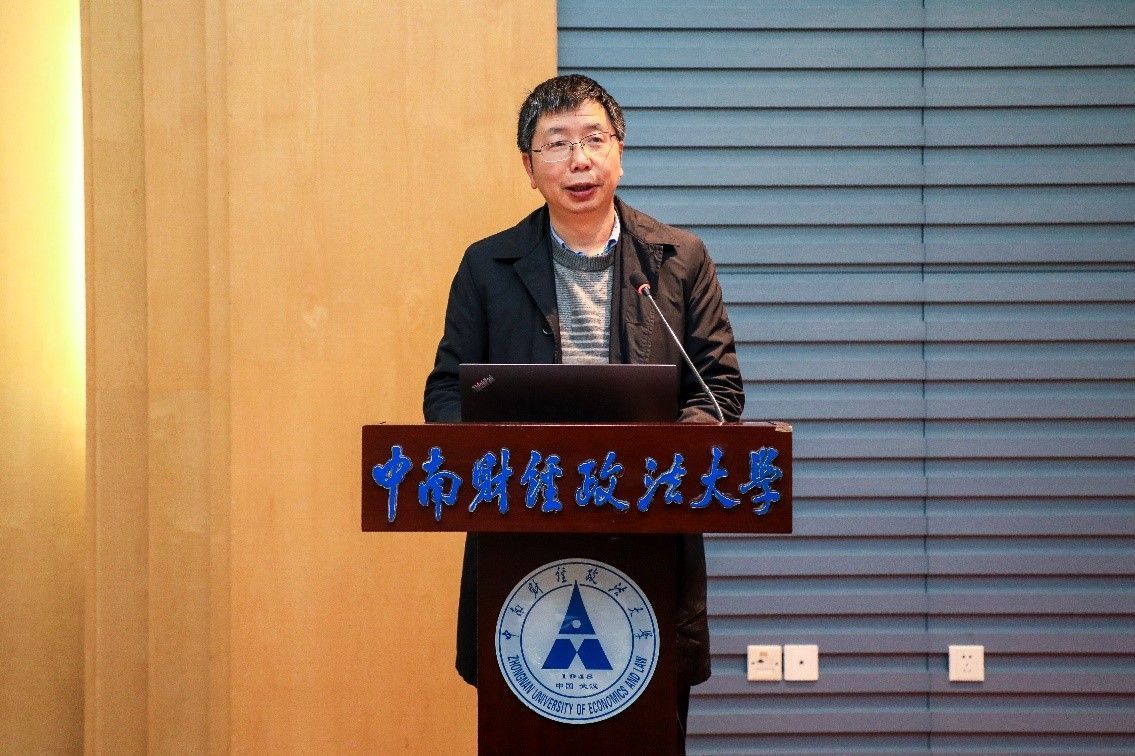
In the beginning, Professor Zou Jinwen, Vice President of ZUEL, delivered a welcome speech. Vice President Zou first extended a warm welcome to all the experts and scholars, expressed gratitude to all those from the organizers, and introduced the basic development of financial and first-class disciplines construction in ZUEL. President Zou pointed out that since the Third Plenary Session of the 18th CPC Central Committee, finance had become the foundation and important pillar of national governance. Building a public financial system had become the guide and key to improving the efficiency of national governance. Solving the problems of income such as income distribution issues was an integral part of the public financial system. The 70-year development experience of China growing from a poor country to the world's second-largest economy showed us that we must adhere to the value orientation of common prosperity, strive for meeting the people's needs for a better life, and solve the problems of unbalanced and insufficient development. The Fourth Plenary Session of the 19th Central Committee of the Communist Party of China sounded the clarion call for "China's governance" to start again. Finance and taxation scholars should respond to the major strategic needs of "promoting the modernization of the national governance system and governance capability", and deeply study the times' call of "China's governance". Vice President Zou hoped that all experts and scholars could conduct extensive discussions on hot, difficult, and basic issues in the field of income distribution at this academic conference, to generate sparks after thinking collision.
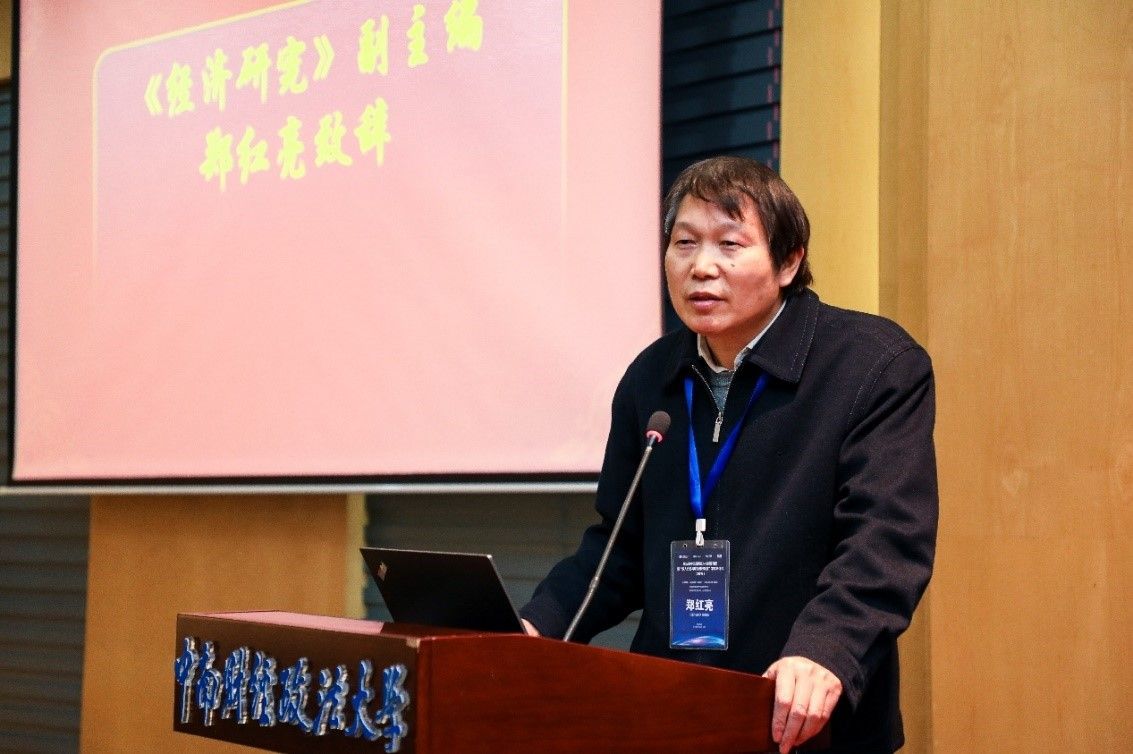
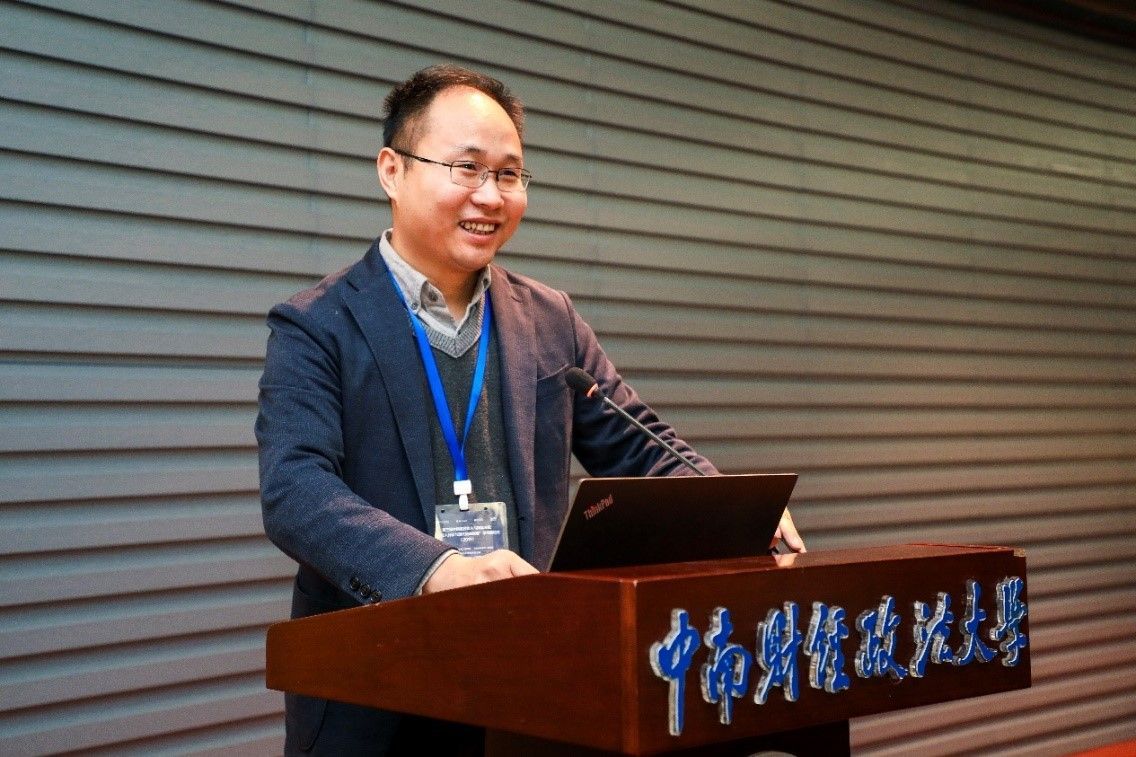
Researcher Zheng Hongliang, Deputy Editor-in-chief of Economic Research, and Yang Xinming, Director of the Editorial Department of Economic Perspectives, respectively introduced the establishment and background of the Institute of Income Distribution and this symposium, with emphasis on the great significance of this academic seminar. They believed that studying income distribution from the perspective of finance was a major feature. The Fourth Plenary Session of the 19th Central Committee of the CPC established the economic system under which distribution according to work was dominant and a variety of modes of distribution coexisted as the nation’s basic economic system, which played a very important role in improving the redistribution adjustment mechanism and the function of the third distribution. Income distribution was not only an economic problem but also a political policy problem, which could not be separated from ownership and the national system.
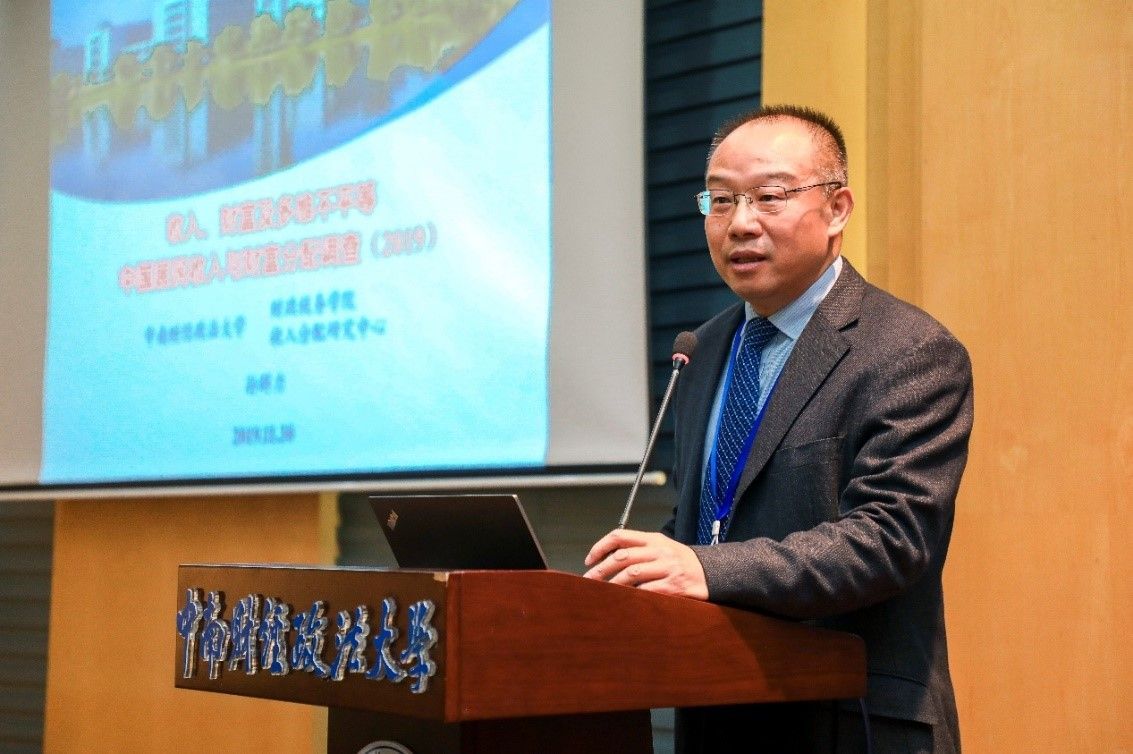
Professor Sun Qunli, Deputy Director of the Institute of Income Distribution of ZUEL, introduced the "2019 Survey Report on Income and Wealth Distribution of Chinese Residents". Professor Sun’s report was elaborated from four aspects: the composition of samples and survey reports, China's household income, household wealth and multi-dimensional inequality. He pointed out that we need to study not only single-dimensional inequality such as income, wealth and consumption, but also multi-dimensional inequality, and to take factors such as public expenditure and tax burden into account of the evaluation system to build multi-dimensional inequality indicators. He added that it was necessary to comprehensively measure the poor-rich gap index in China's urban and rural areas, and various regions, industries and classes. The keynote speech stage was presided over by Dr. Xie Qian from the Editorial Department of Economic Research.
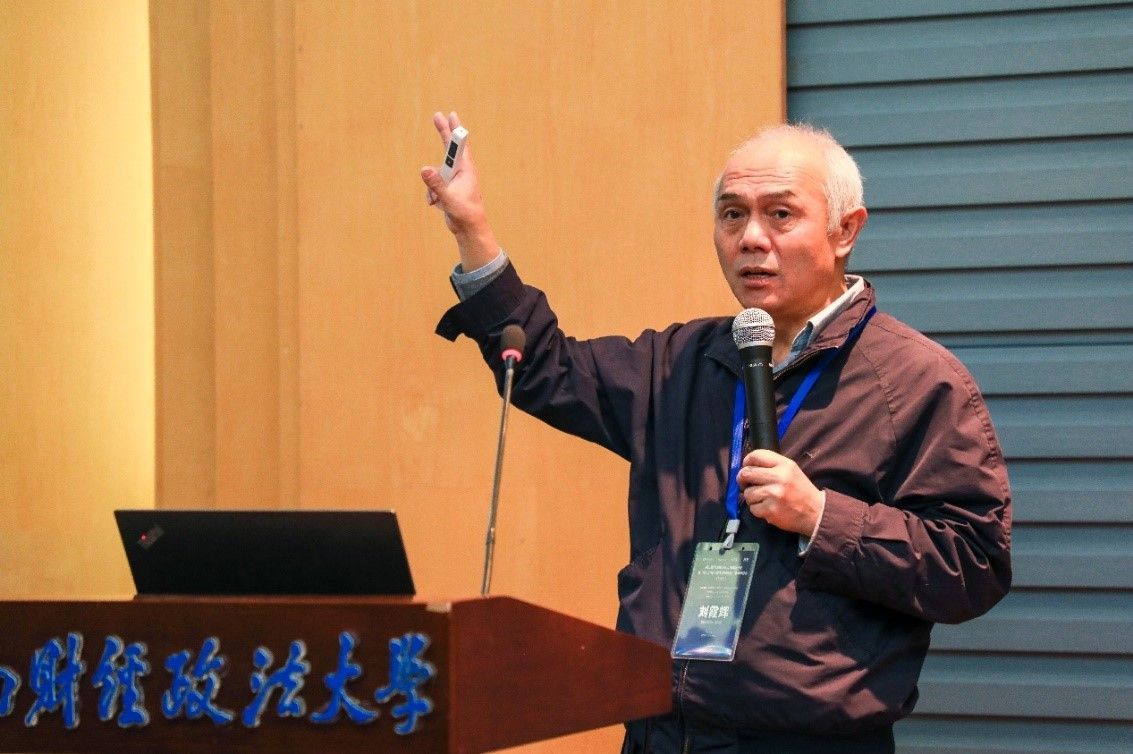
First of all, researcher Liu Xiahui, Director of the Editorial Department of Economic Research, delivered a keynote speech on the theme of "Future-proofed Economic Issues in China", expounding future-proofed economic issues in China from the aspects of fiscal and taxation issues, financial issues, industrial policy development and so on. Researcher Liu Xiahui believed that the network economy and digital technology had a very extensive and important impact on all aspects of the economy, making the overall economic resource allocation model, industrial organization form, business model, incentive mechanism and competition pattern notably different from the past. These differences were bound to cause changes in human behavior, enterprise form and government behavior.
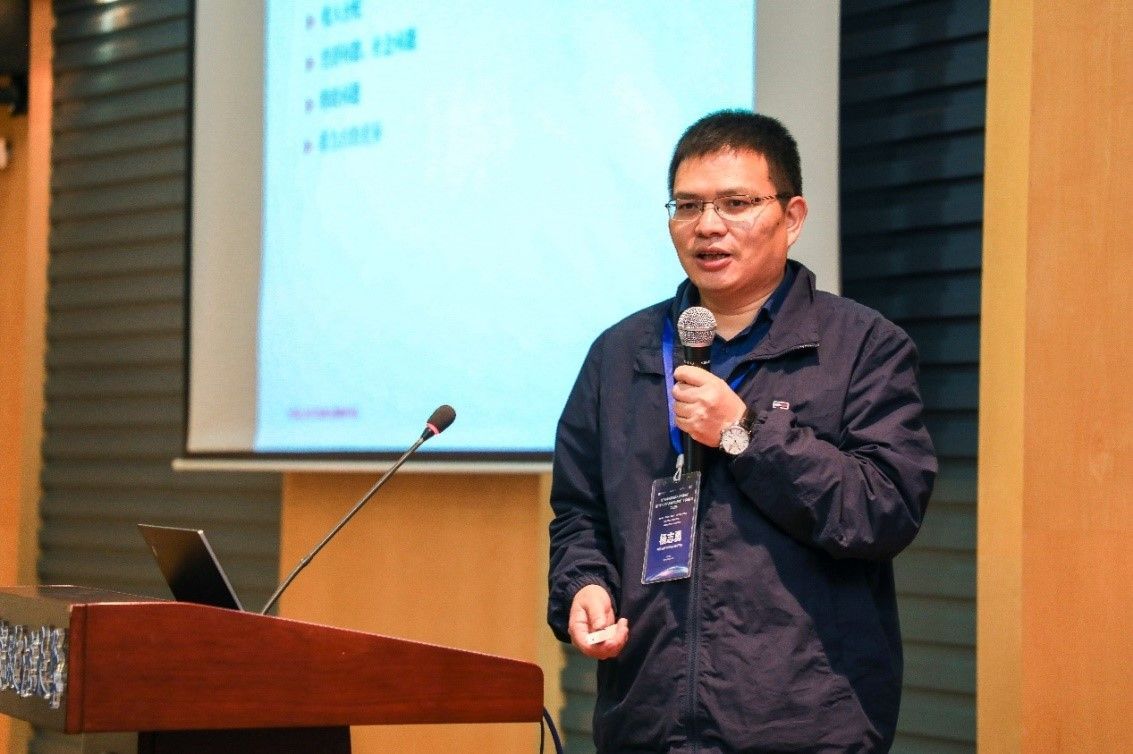
Then, researcher Yang Zhiyong, Vice President of the Institute of Financial Strategy of the Chinese Academy of Social Sciences, delivered a speech on the theme of "How Income Distribution Became a Financial Problem". Researcher Yang elaborated from three aspects: income distribution in the history of finance, income distribution in China's finance and the transformation of the income distribution. Starting from the classic financial theory books such as Wealth of Nations, and Introduction to Political Economy, he explained the formation and main ideas of early finance, then the research situation of China’s income distribution through the development of finance in China. Finally, he pointed out that the study of income distribution promoted the design of the fiscal system and the choice of fiscal policy.
Professor Mao Jie, Director of the Department of Finance and Taxation, School of International Economics and Trade of the University of International Business and Economics, made a report on "Problems and Countermeasures for the Modernization of Local Financial Governance in the New Era". Starting with debt risk and financial governance, he first introduced China's fiscal and financial system, then explained the survey overview and the selection of survey objects. Professor Mao Jie emphasized the "crowding in obscure doors" effect under the constraints of the informal system, expenditure responsibility, indirect financial decentralization and the stickiness of impulse borrowing, and the standardization of indirect financial decentralization through "opening the main door". He also put forward governance strategies of promoting the modernization of financial governance through the standardization of land management.
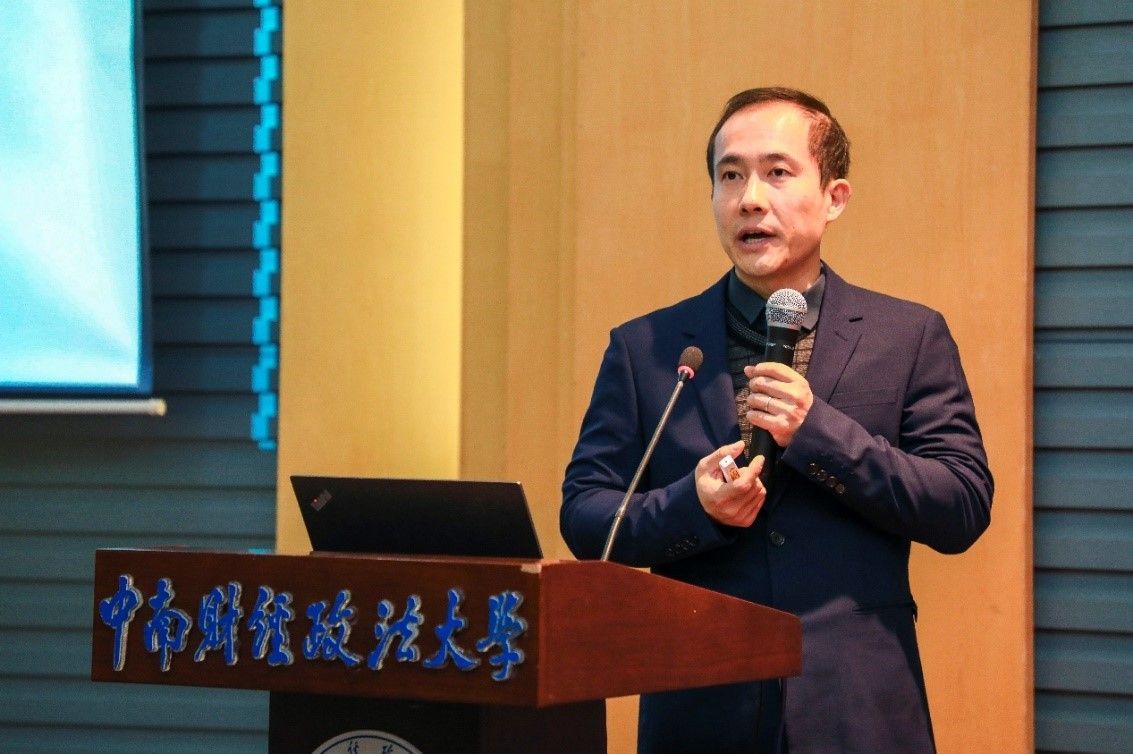
With the theme of "Understanding the Long-term Trend of Income Distribution Changes", researcher Yang Xinming, Director of the Editorial Department of Economic Perspectives, shared the long-term trend of income distribution changes in detail from aspects of economic and political processes. Researcher Yang pointed out that the changing trend of income distribution should be grasped in the long run, otherwise it would be difficult to judge the regularity of its development. Factors that determine income distribution included not only economic factors but also political processes, which had a great relationship with people's patience with the economy. We should pay attention to the suddenness of the economic boom cycle and the duration of the economic recession cycle.
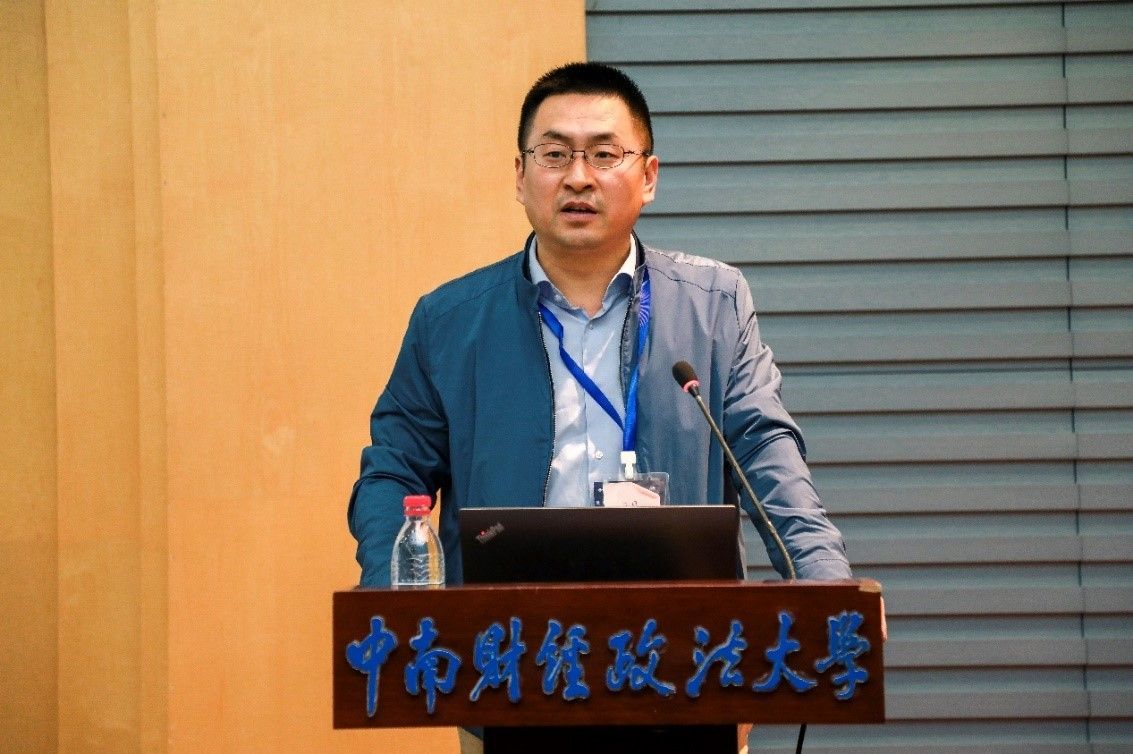
Researcher Wang Dehua, Director of the Financial Audit Research Office of the Institute of Financial Strategy, Chinese Academy of Social Sciences, gave an academic report on the theme of "The Impact of Market Economy and the Power of Financial System". Income inequality was a major social problem, and fiscal and taxation policies were generally regarded as the main approaches to alleviate income inequality. Researcher Wang Dehua used the Gini coefficient of per capita financial resource and other indicators to describe the typical facts of the evolution of county-level financial equality in the past 70 years in new China, and finally concluded. The Gini coefficient of income dimension fluctuated greatly, and was higher than that of the planned economy period after the reform and opening-up; the Gini coefficient of expenditure dimension was relatively low.
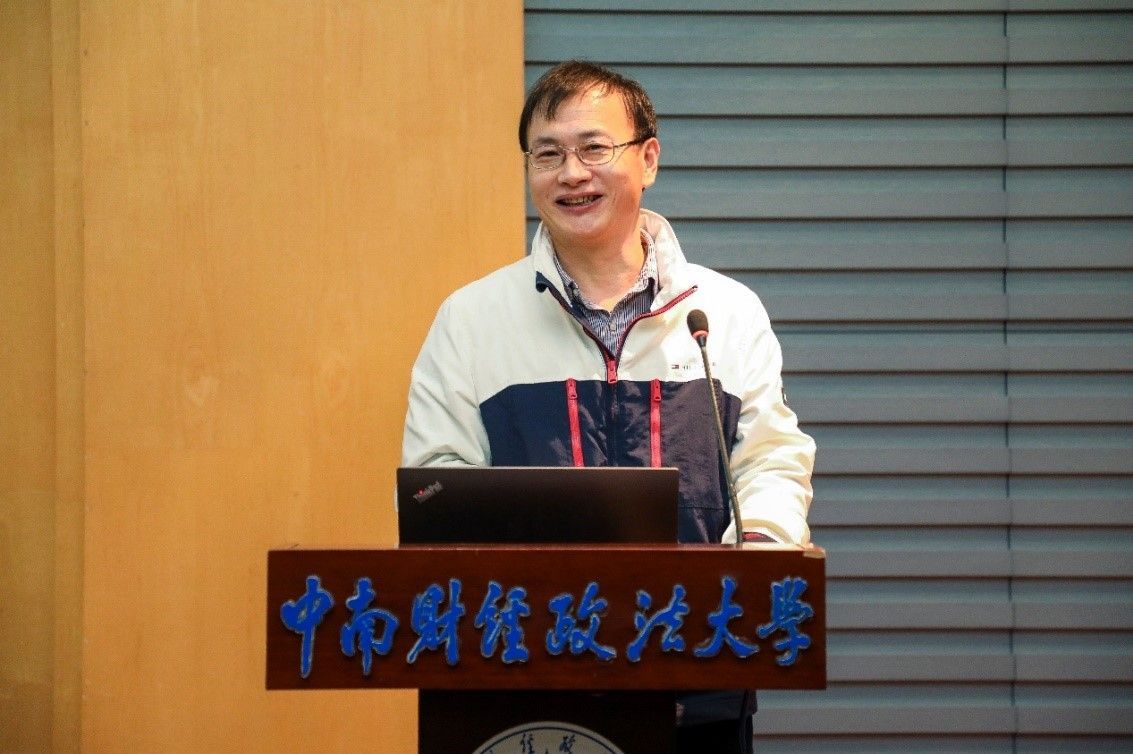
At last, Professor Xie E of the School of Economics of Shandong University delivered a keynote speech entitled "Personal Income Tax, High-income Inequality and Intra-generation Income Mobility". Professor Xie believed that the redistribution ability of personal income tax with progressive nature was quite weak. The housing provident fund in social security showed progressive characteristics, while pension and medical insurance presented regressive characteristics, and the redistribution function of social security was relatively low. In addition to continuing to improve the role of personal income tax in optimizing income distribution, it was also important to study how to give full play to the role of social security contributions in redistribution. Improving the opportunities for upward mobility of all social classes should be the core of the income distribution policy, which shall increase the investment in the human capital of the entire nation, and reduce the unequal opportunities for upward mobility of residents in different regions of the eastern, central and western regions.
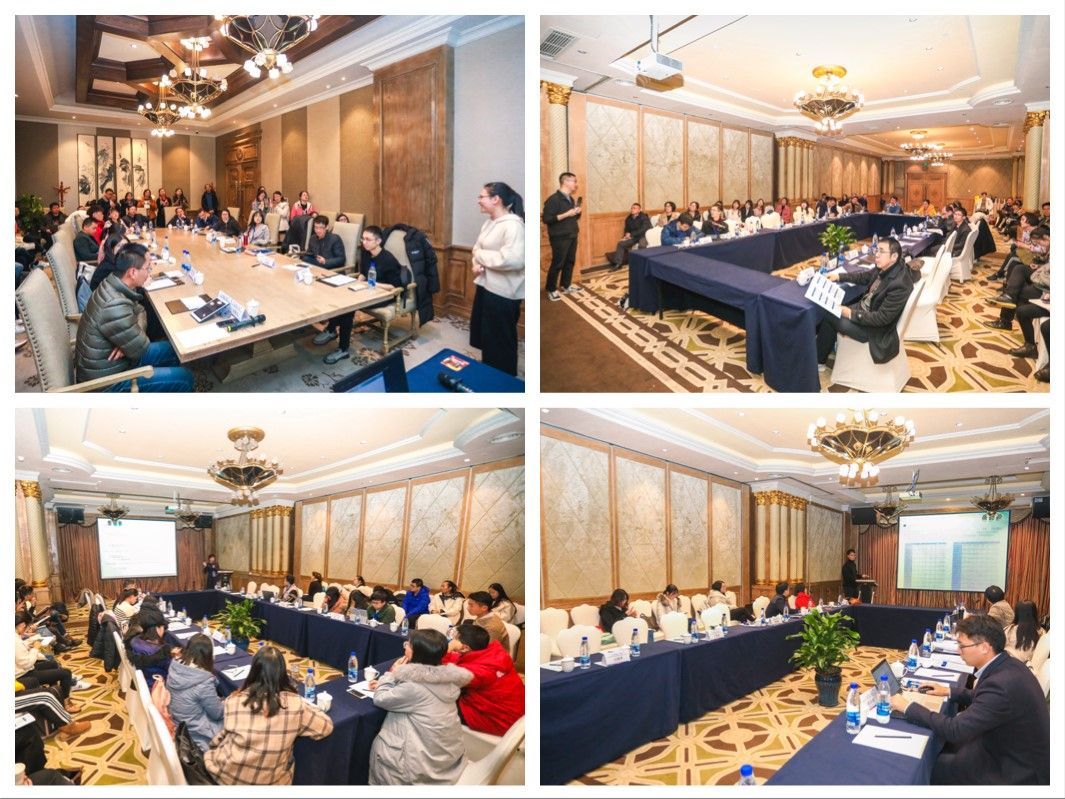
The afternoon symposium had two forum venues, A and B, each focusing on four themes. The themes of the sub-venues of the A forum were respectively research on income inequality, tax policy and income distribution, health, education and elderly care, and poverty. The themes of the B forum were inequality of opportunity and intergenerational mobility, fiscal theory and income distribution, the Internet and income distribution, and finance and income distribution. The scholars attending the symposium actively exchanged ideas and discussed focally relevant topics.
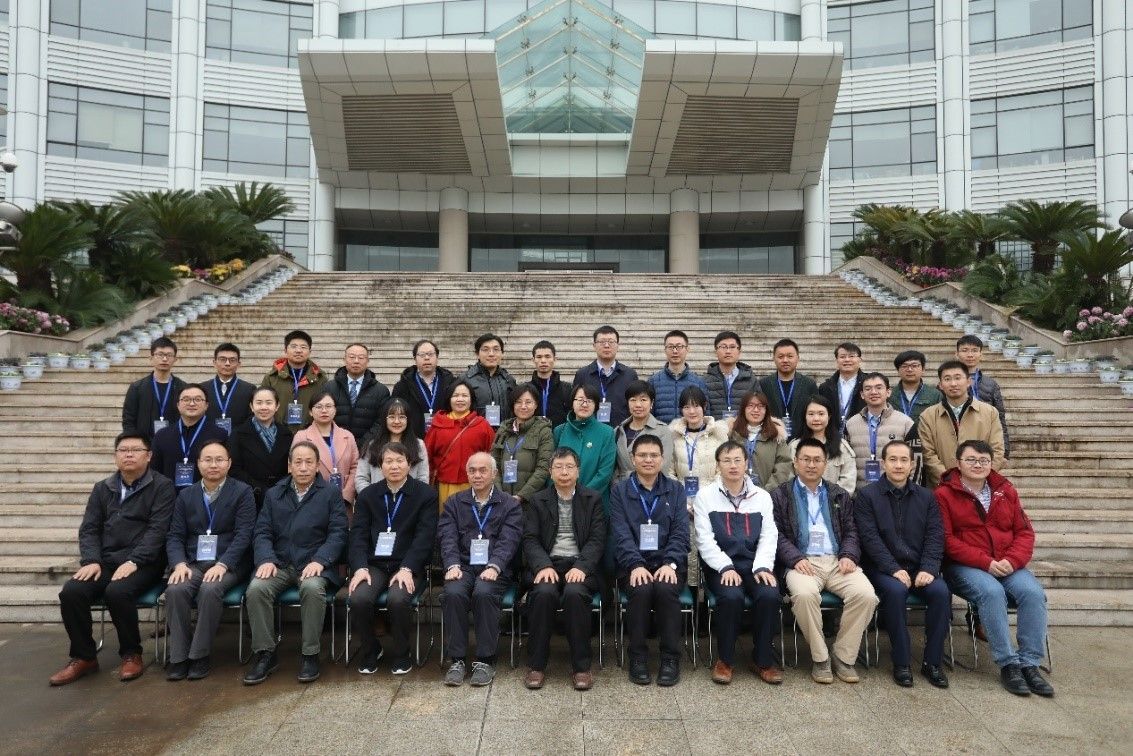
At the time of building a moderately prosperous society in all respects in 2020, experts and scholars of this academic seminar conducted in-depth discussions on major theoretical and practical issues of income and wealth distribution of Chinese residents, and made new progress in promoting relevant theories, systems, index calculation, models, policies and guarantee mechanisms of income and wealth distribution of residents, which had positive significance on motivating the innovation and development of public finance theory, promoting the modernization of national governance system and governance capability, and improving the effectiveness of national governance.
